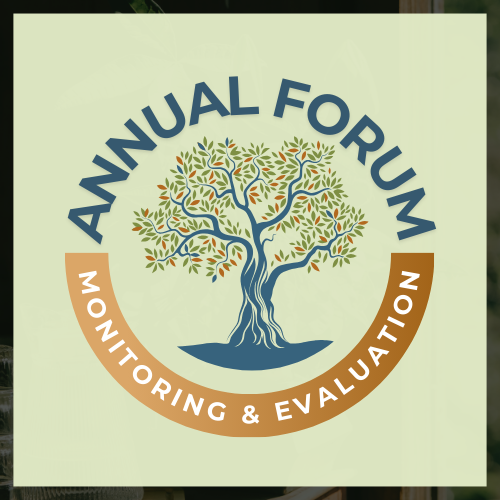
Description
M&E Working Group Chair John Floretta began the session by explaining that in recent years, the M&E working group has focused on scaling and sustaining social programs in lower and middle-income country government systems that originated in the non-profit sector. The working group looked at many “outside-in” examples of non-profits (including Educate!, Last Mile Health, Partners in Health, Pratham and Youth Impact) who pioneered innovations through direct implementation and are now helping governments to adapt, contextualize, and scale these innovations. The working group has also explored the relevance of M&E tools (such as MSI’s institutionalization tracker) and wrote a short paper summarizing our findings. John said that this discussion with flip that orientation and look at “inside-out” models of scaling.
Varja Liposek and Aparna Krishan started the discussion on an “inside-out” model of scaling through government systems – namely through innovation, evidence, and scaling labs set up within government ministries in collaboration with policy and research institutions. Rather than centering on the scale-up of a specific intervention, these structured, multi-faceted partnerships aim to bolster government research, evidence, and M&E systems more broadly and serve as a platform for scaling evidence-based innovations. A key objective of the labs is to bridge government policymaker/practitioner needs with academic and M&E expertise.
The session featured two case studies of embedded-evidence labs in national ministries of education: MineduLAB in Peru (as presented by Juan Pablo Silva Macher, the former Vice Minister) and a lab in Rwanda (as presented by Bethany Park, Senior Director, Policy at Innovations for Poverty Action). In both cases, the labs that were established within the ministries were supported by two to three embedded research and policy staff from the partner, J-PAL and IPA staff in Peru and IPA staff in Rwanda. The labs focus on making data more actionable and reliable by enhancing existing M&E systems (such as the Rwanda Comprehensive Assessment management information system) and identifying education challenges, co-designing interventions, and evaluating those interventions. Through this process, the labs have catalyzed nationwide scale of three programs in Peru and the scale of a teacher performance incentive program in Rwanda.
Varja pointed out that data can be political and contentious and asked how the labs are addressing that reality. She also asked if data generated from the labs is being used by the governments at the local level. More broadly, she was curious about whether the embedded lab model was focused on smaller nudges and tweaks to existing practice or also could address more transformational issues. Aparna shared her experience from India that labs can take two to three years to set up and integrate within the system but have then proved quite sustainable. She noted two pathways to scale – one through the co-design and testing of new innovations, a second through introducing evidence-based ideas from other contexts that can be adapted and scaled, highlighting an example of a gender attitudes and behavior innovation that J-PAL South Asia helped integrate through state labs.
Juan Pablo and Bethany emphasized the importance of political ownership of the labs, the importance of working on issues highly relevant of the ministry, and the two-way learning enabled through the embedded model. M&E Working Group Co-chairs Rachna Nag Chouduri and John Floretta proposed that the working group further explore embedded evidence labs as a key issue in future webinars.
|
|
|
|
|
|










